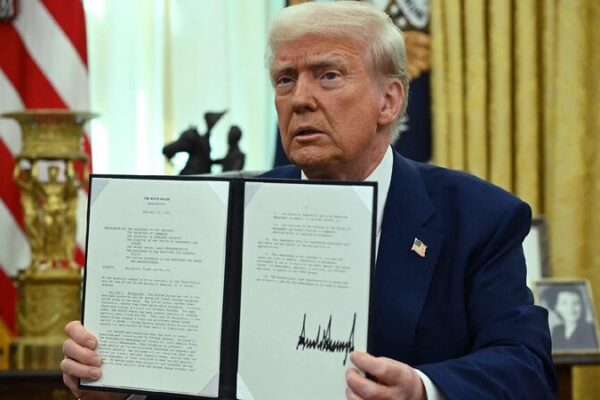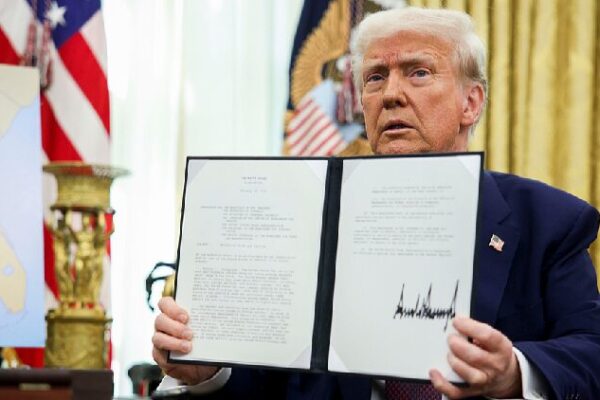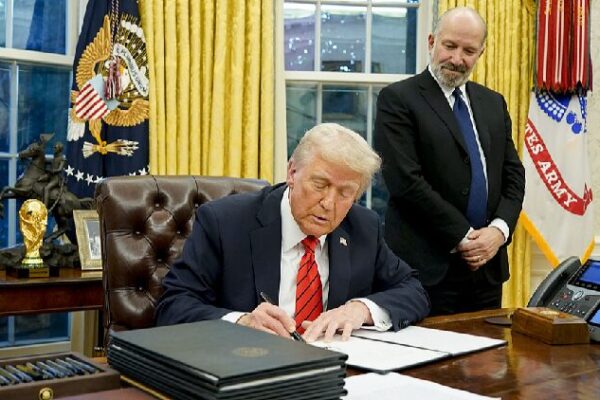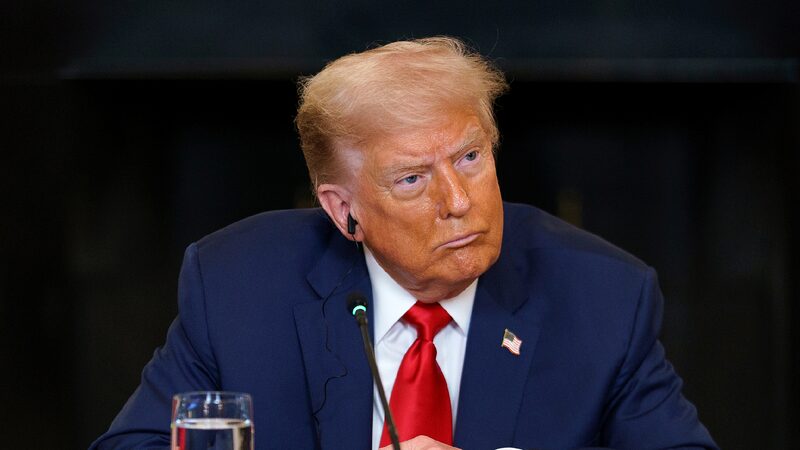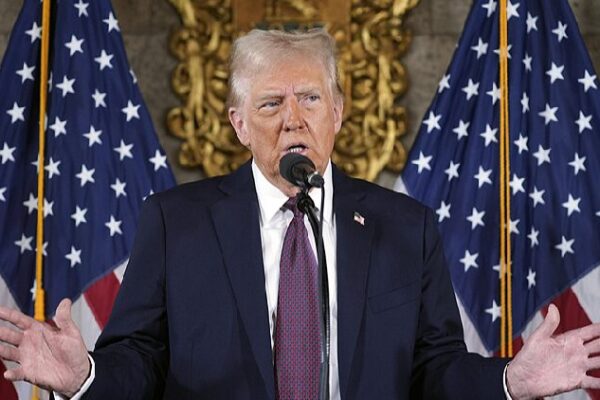In an unexpected move on February 13, 2025, U.S. President Donald Trump signed an executive memorandum titled “Reciprocal Trade and Tariffs.” This policy aims to impose tariffs on imports into the United States at the same level that its trading partners levy on American goods. The announcement has sparked global debate, with fears of rising costs and economic instability. In Brazil, the reaction has been notably concerned. Individuals from various industries voiced their apprehensions about the potential impact on the economy and consumers. “For the consumer, the impact is huge,” said entrepreneur Alderir Gutierres. “Things will become more expensive, countries will become disorganized, and consumption will have a huge impact on inflation. Not only in Brazil but throughout the world.” Bodywork therapist Eni Ribeiro shared similar concerns. “If it starts with the United States imposing a tariff and another country doing the same, which would be the so-called reciprocal tariff, everything ends up being much more expensive,” she explained. “Eventually, there will be a decrease in consumption due to the increase in costs, which will lead to a larger problem, in addition to the economic issue itself.” The potential for a global trade war looms as nations contemplate retaliatory measures. For economies like Brazil’s, which are closely tied to international trade, the repercussions could be significant. Increased tariffs may lead to higher prices on imported goods, affecting everything from technology to everyday essentials. Young consumers and businesses in the Global South could feel the pinch as the cost of goods rises. The uncertainty in international markets may also impact job opportunities and economic growth in developing countries. As the situation unfolds, all eyes are on global leaders to find a path forward that avoids adverse consequences for consumers worldwide.
Reference(s):
Brazilians say U.S. tariff plans will lead to adverse consequences
cgtn.com


